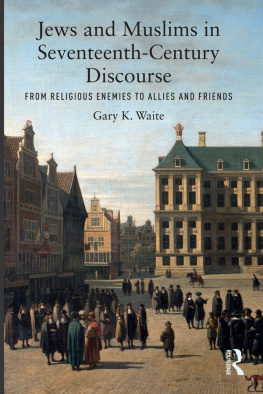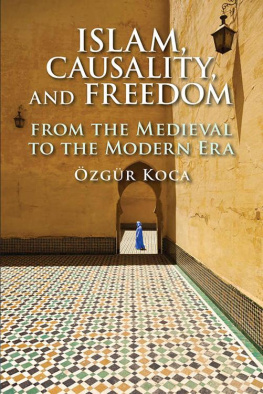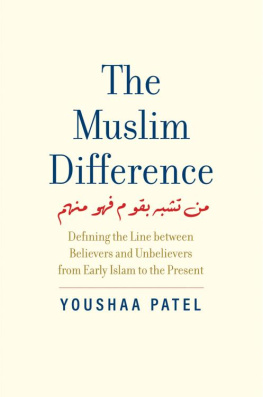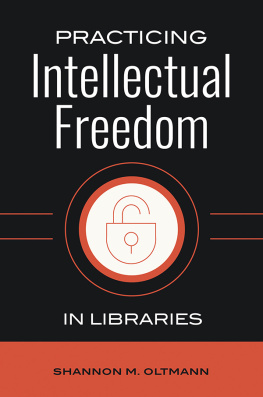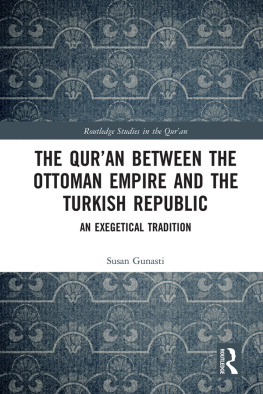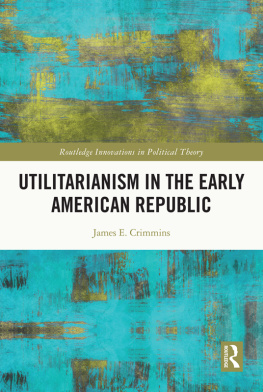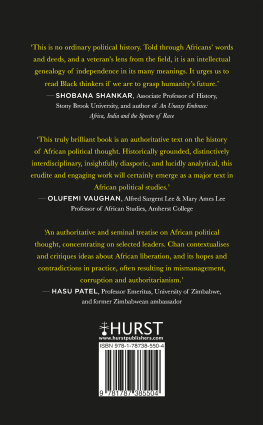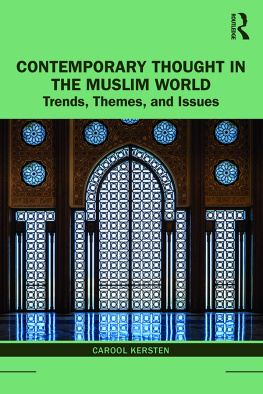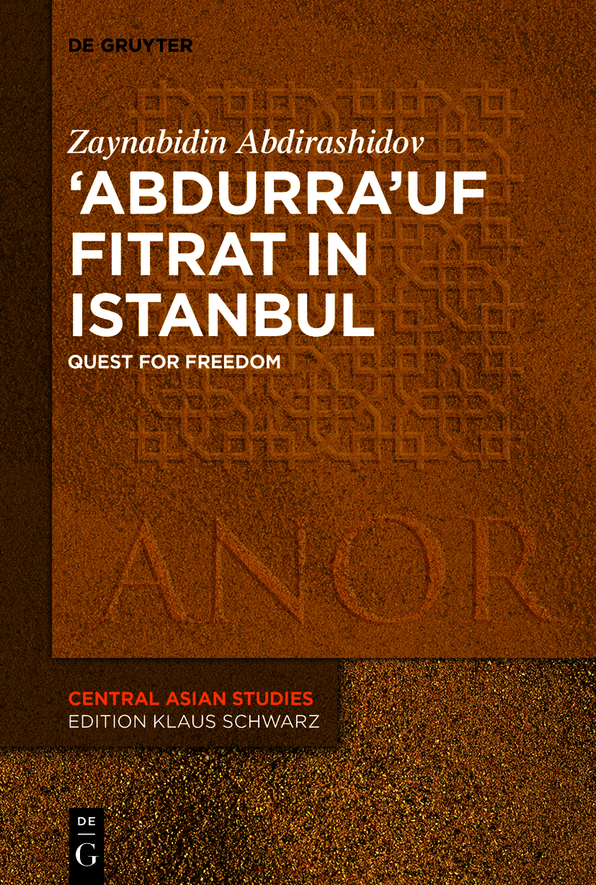ANOR Central Asian Studies
Edited by
Ingeborg Baldauf
ISBN 9783110771503
e-ISBN (PDF) 9783110774856
e-ISBN (EPUB) 9783110774894
Bibliographic information published by the Deutsche Nationalbibliothek
The Deutsche Nationalbibliothek lists this publication in the Deutsche Nationalbibliografie; detailed bibliographic data are available on the Internet at http://dnb.dnb.de.
2023 Zaynabidin Abdirashidov, published by Walter de Gruyter GmbH, Berlin/Boston // The book is published with open access at www.degruyter.com.
This work is licensed under the Creative Commons Attribution-NonCommercial-NoDerivatives 4.0 International License.
To the Blessed Memory of my Mother Halima (19512020)
Preface
The global Muslim reformist movement had identified multiple social and political issues which were of relevance also for the western part of Central Asia, when in the early 20th century the movement gained momentum in Turkestan. Intellectuals who subscribed to the overall goals of reformism in particular engaged in fields such as publishing, education and public affairs. Abdurrauf Fitrat (18861938), one of the most prominent Central Asian intellectuals of the 1910s to 1930s and a leading figure of modernism, for over two decades fought against, initially, what he perceived as narrow-minded conservative dogmatism and practice of the local ulama and later, the intolerant dogmatism of the newly consolidating Soviet regime.
Abdurrauf Fitrats engagement with social and civic activism and his striving for a new conceptualisation of liberty and a democratic state, which could bring in social freedom, is closely related to his political activism.
Abdurrauf Fitrat received a traditional Islamic education in Bukhara. His ideological, social and political views bore Islamist overtones until he went to Istanbul in 1910. During four intensive years (19101914) spent in Istanbul, Fitrat formulated a clearer and well-considered Islamic perspective. These years proved to be formative for his worldview.
A famous Jadid thinker, writer, journalist and scholar, Abdurrauf Fitrat and his literary works have been the subject of numerous publications. This is also true of his works written and published during his stay in Istanbul. These writings and particularly, Munazara which was published in Persian in 1911, became a manifesto of Central Asian Jadidism. Many researchers testify to the essays significant influence on Jadidism in Turkestan. But recent findings have shown that once we tap into previously unused sources, there is still much more to learn about Jadidism in Central Asia and Abdurrauf Fitrats multifaceted role in it.
Newly discovered articles by Abdurrauf Fitrat, which were published in the Istanbul magazine Hikmet from December 1910 till May 1911 , seem very instructive when it comes to understanding components of his early convictions and worldview. Apparently, these publications established an ideological framework which Fitrat adhered to, at least till the October revolution of 1917. Some features of his ideas expressed in these articles recurred in Fitrats works up until the mid-1920s. All his works published during that period, starting from the Munazara (1911) and ending with Hind Ihtilalchilari (Indian Insurrectionists) (1923), are expanded and more detailed versions of his early articles.
This research attempts to locate the sources which influenced the political, social, and ideological stance of Fitrat, thus also putting in perspective some overall intellectual trends in Turkestan, especially in Bukhara in the early 1910s. Based on Fitrats early publications we aim to find out what intellectual milieu it was that shaped his worldview in the early 1910s, a worldview that could be designated as a first attempt at freedom and sovereignty through Islam. A thorough review of these publications also brings greater clarity to the issue of Fitrats ethnical identity, which sheds light on how he related to the worldwide community of Muslims and how he positioned himself towards political unity of the Muslm World.
By scrutinizing Fitrats intellectual legacy of 19101915, I hope to highlight some of the origins of Jadidism in Turkestan and place of Turkestani Jadidism in the context of worldwide Muslim reformism at the turn of the 20th century.
The Beginning: New Ideas, Reform, and Other Trends
As Edward Allworth asserted, an authors important works reflect both his worldview and his intellectual environment. It is possible to learn more about the character, ideas, and temperament of a person while studying his works. Following this logic, it is necessary to discern the early sources of Fitrats inspiration before dwelling on whether his intellectual milieu had a formative effect on his worldview and the ideology of his works. This concerns Fitrats Bukharan period as well as the years he spent in Istanbul.
After the European colonial expansion during the 19th century in Asia brought up to rise a Muslim revival and reform movements, those movements began to campaign for political ideas of supranational Muslim identity. Colonial domination of the West encouraged transnational Muslim solidarity and cross-border mobility of Muslim thinkers and activists. Under the reign of sultan Abdulhamid II (18421918), which lasted from 1876 to 1909, the idea of Muslim Unity or Ittihad-i Islam became an imperial ideology to legitimize the Ottoman Empire as a Caliphate and the Sultan-Caliph as a spiritual sovereign of all Muslims. Initially, the readership was very small in numbers as the Bukharan ulama deemed newspaper reading contrary to the sharia.
Persian language newspapers and magazines published in India and Egypt, like Hablulmatin and Chehranama, were first to have made their way to Bukhara. Muslim Turkic language periodicals from the Russian and the Ottoman empires, Tarjuman, to name only the most prominent ones, also had some circulation among the Bukharans.
As was mentioned by Sadriddin Ayni, the Bukharan youth, influenced by the Tatar intelligentsia, started to read and subscribe to Tatar periodicals Also, according to Sadriddin Ayni these Bukharan intellectuals followed the news of the Constitutional Revolution in Iran (1905/06) through the media.
As is well known, at the end of the 19th century several intellectuals of Iran and Transcaucasia started to promote political reform in Iran. Among these, the most distinguished were playwright and radical critic of religion Mirza Fatali Akhundov.
Naturally, these ideas had a strong influence among the Bukharan progressives, both young and old. The old generation of Bukharan progressive intellectuals primarily consisted of the earliest proponents of socio-political reform in Bukhara, such as Sadriddin Ayni, Hamid Khwaja Mehri, Ahmadjan Hamdi and Mirza Abdulvahid Munzim. Abdurrauf Fitrat was one of the leaders of a new generation of Bukharan Jadids. This became clear from the events of the 19171920, which shook the socio-political organization of the Bukharan emirate.
Out of the Middle Eastern periodicals promoting Islamic reformism, the Istanbul journal Srat- Mstaqim, describes an episode concerning a New-Method school in Bukhara and even quotes some statements by participants. This proves that those authors had informants right there in Bukhara. They did not indicate their sources, however.
Srat- Mstaqim must have been known in Bukhara no later than 1909, since the first letter to the paper sent in from Bukhara was published on the 15th of July 1909 in issue no. 66.
Possibly Fitrat also joined its readership during this period or a bit earlier. As Sadriddin Ayni claimed, by the end of 1909 through reading


